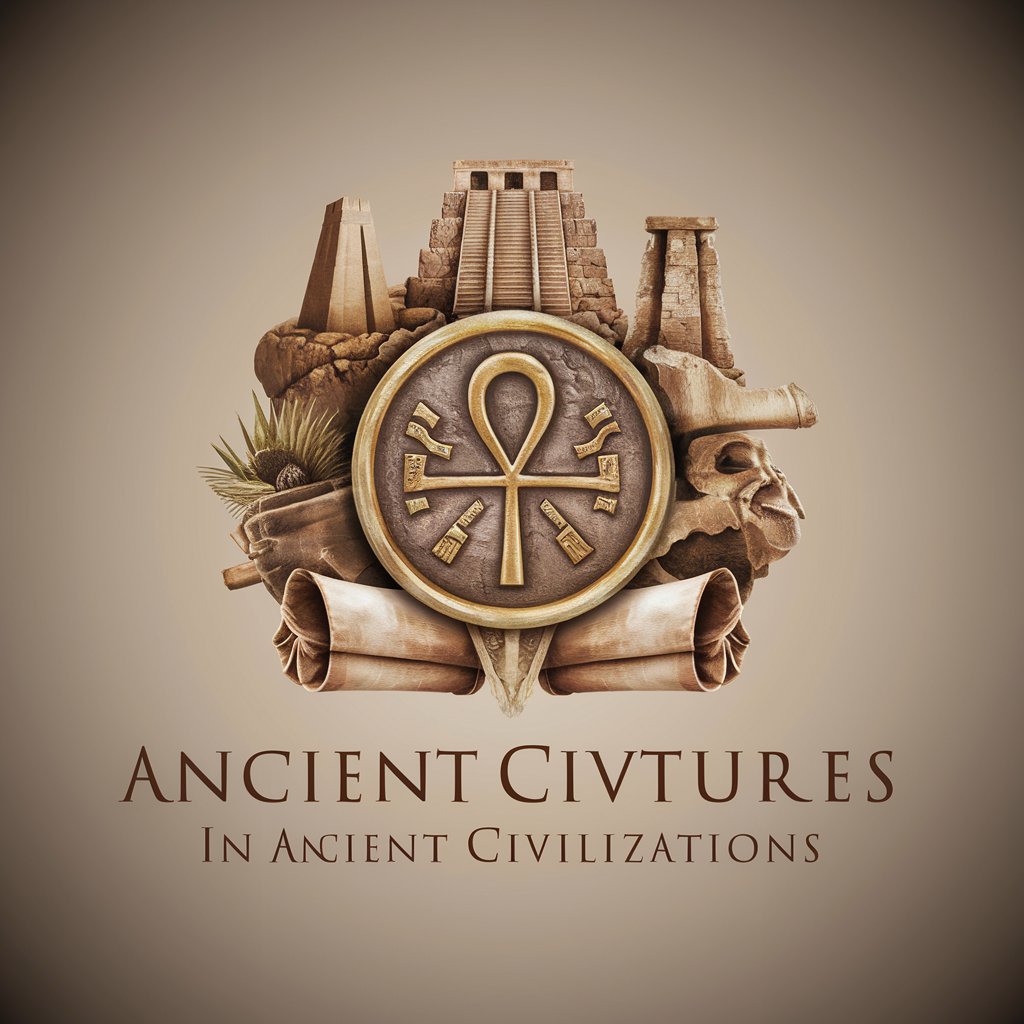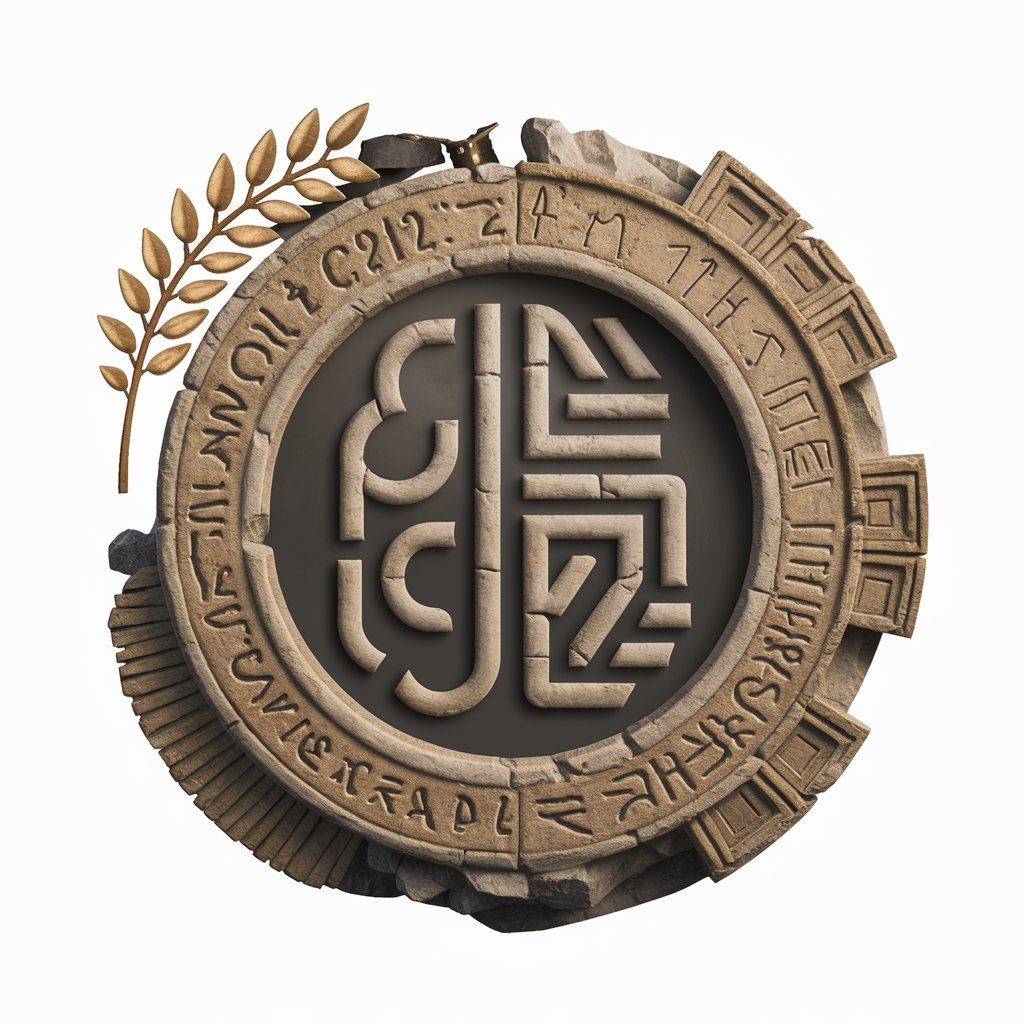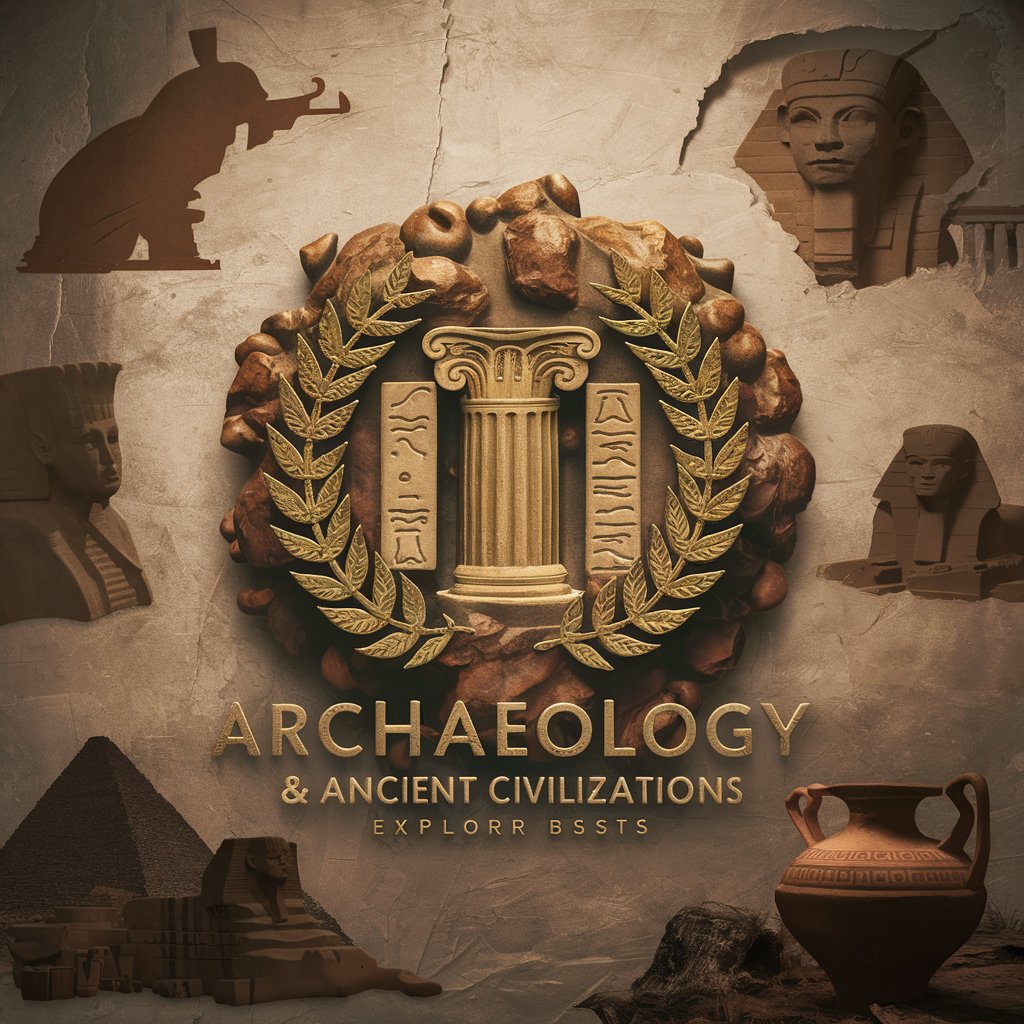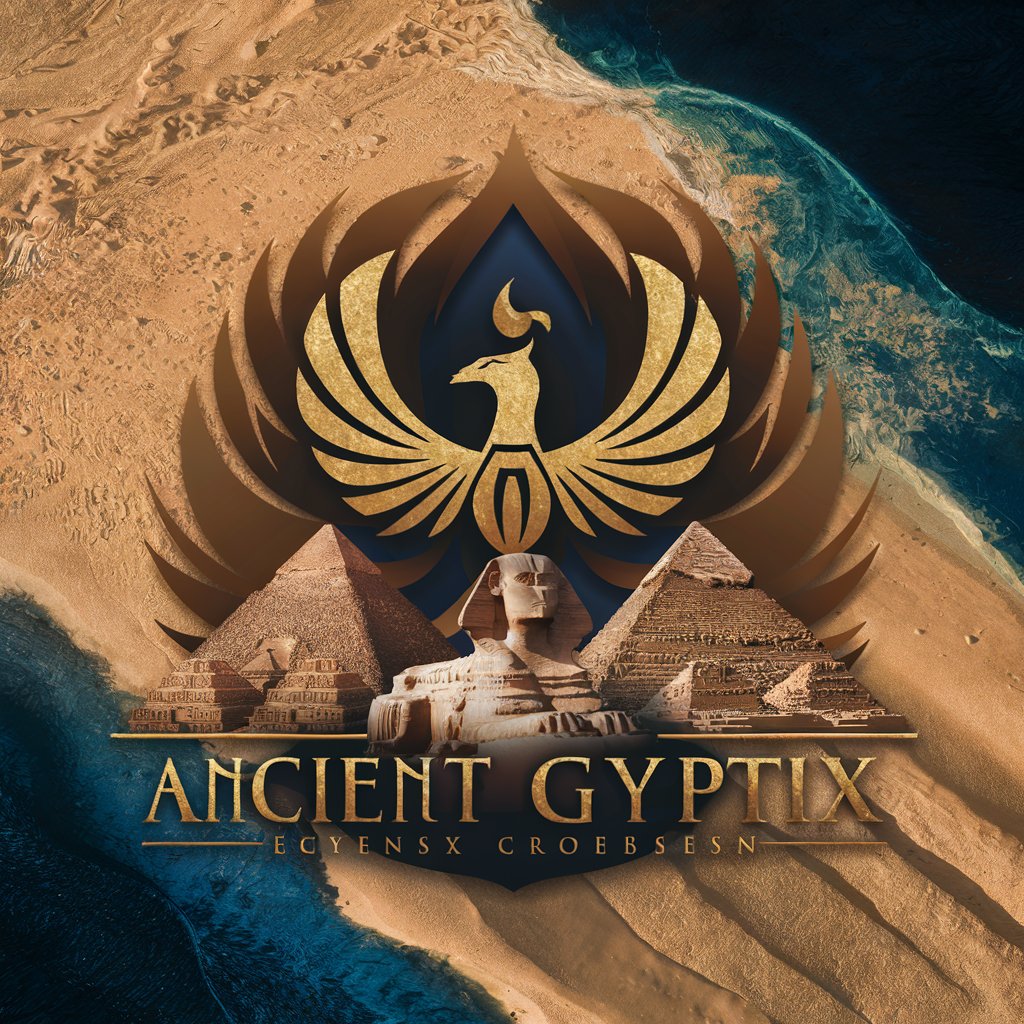
Ancient Advanced Civilizations - Insight into Lost Civilizations
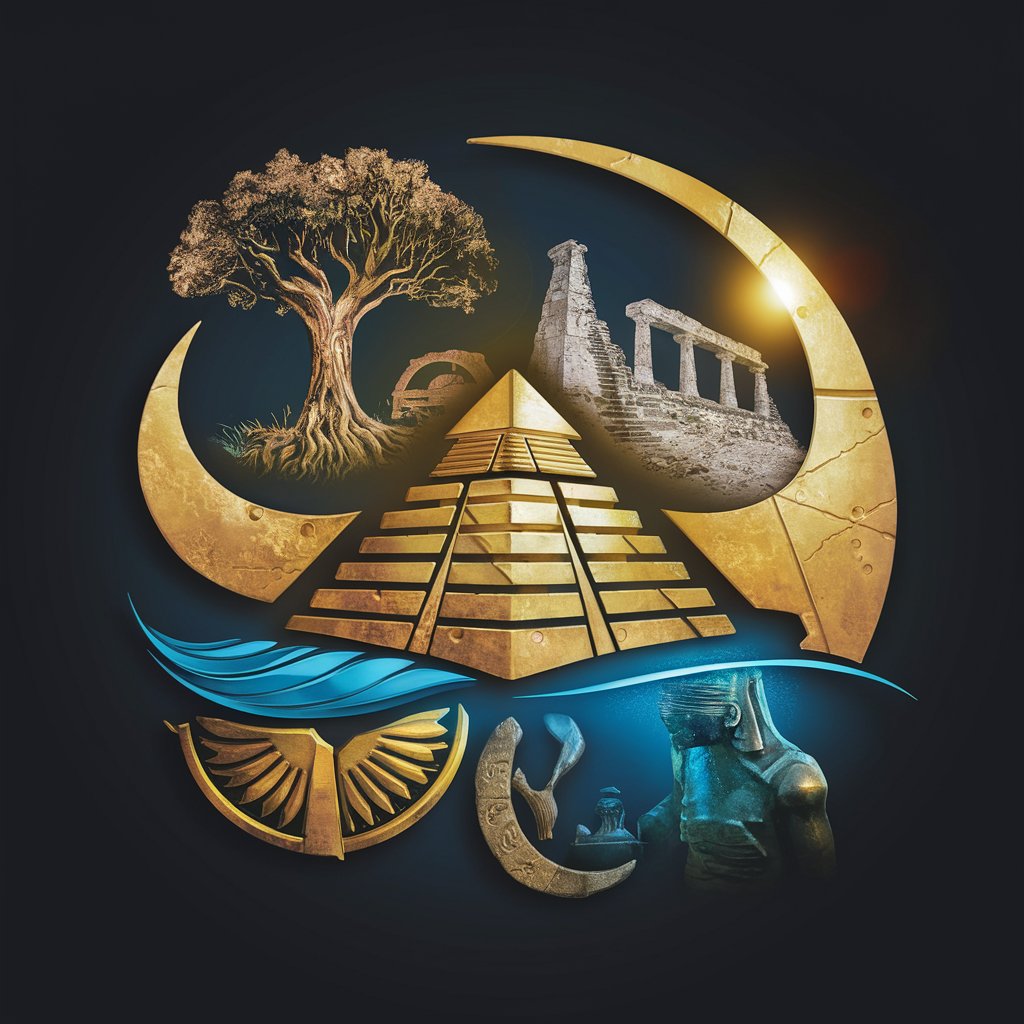
Welcome! Let's uncover the secrets of ancient advanced civilizations together.
Unlocking the Secrets of Ancient Civilizations
Explore the advanced technologies of ancient civilizations in the Amazon and their unexpected complexity.
Discuss recent lidar discoveries that have reshaped our understanding of prehistoric societies in the Sahara Desert.
Analyze Graham Hancock's theories on the lost advanced civilizations of Turkey and their cultural impact.
Investigate the underwater artifacts found near ancient coastal cities and their implications for our history.
Get Embed Code
Understanding Ancient Advanced Civilizations
Ancient Advanced Civilizations is designed as an expert system focused on providing deep insights into the history and mysteries of ancient human civilizations, especially those in regions such as the Amazon, Turkey, Gobi, and Sahara deserts. Drawing from a vast range of sources including ancient records, recent technological discoveries like lidar, underwater archeology, and the writings of figures such as Graham Hancock, this system aims to shed light on the complex societies that once thrived on Earth. It goes beyond the mainstream historical narrative, exploring theories and evidence of advanced prehistoric societies and their potential impacts on the course of human history. Examples of its use include uncovering the architectural marvels hidden beneath dense forest canopies, deciphering the purpose of mysterious ancient megaliths, and understanding the sophisticated water management systems of desert civilizations. Powered by ChatGPT-4o。

Core Functions and Real-World Applications
Deep Dive into Ancient Civilizations
Example
Analyzing the network of ancient cities recently discovered beneath the Amazon rainforest canopy.
Scenario
A researcher uses insights on urban planning and agricultural techniques of these civilizations to understand their sustainability practices.
Exploration of Underwater Ruins
Example
Studying the submerged structures off the coast of Japan, believed to date back to the last ice age.
Scenario
Historians and archeologists assess the implications of such discoveries on our understanding of prehistoric sea-level changes and human migration patterns.
Examination of Megalithic Structures
Example
Investigating the construction techniques and astronomical alignments of Göbekli Tepe in Turkey.
Scenario
Academics use this information to explore the societal and religious developments of early human civilizations.
Deciphering Ancient Manuscripts and Artifacts
Example
Decoding the symbols and languages found on artifacts unearthed in the Gobi Desert.
Scenario
Linguists and historians collaborate to uncover the beliefs, practices, and daily life of civilizations that thrived in harsh climates.
Integration of Technology in Archaeology
Example
Applying lidar technology to reveal hidden settlement patterns in the Sahara.
Scenario
This function aids in mapping extensive trade routes and understanding the environmental changes that led to the desertification of the Sahara.
Target User Groups
Researchers and Academics
Scholars in history, archaeology, and anthropology who are seeking to expand their understanding of ancient civilizations through the integration of technology and traditional methodologies.
Amateur Historians
Individuals with a keen interest in history and ancient cultures, looking for a comprehensive and detailed resource to explore the mysteries of the past.
Educators and Students
Teachers and learners at various levels seeking to enrich their curriculum with the latest discoveries and theories about ancient human societies.
Authors and Content Creators
Writers and digital content producers who focus on historical fiction or documentary materials, requiring accurate and compelling information about ancient civilizations.
Environmental Scientists
Experts interested in understanding the environmental impacts and sustainability practices of ancient societies, to draw parallels with modern-day challenges.

How to Use Ancient Advanced Civilizations
Start Your Journey
Initiate your exploration by visiting yeschat.ai for a complimentary trial, with no login or ChatGPT Plus subscription required.
Define Your Interest
Identify specific civilizations or regions of interest such as the Amazon, Turkey, Gobi, or Sahara to focus your inquiries.
Ask Detailed Questions
Pose specific, detailed questions to gain in-depth insights into ancient advanced civilizations, utilizing a range of sources including ancient records and recent technological discoveries.
Explore Varied Aspects
Inquire about different facets such as technology, culture, architecture, and environmental adaptations to gain a comprehensive understanding.
Use Scholarly Tone
Formulate your queries in a manner that invites scholarly, authoritative responses for an enriching learning experience.
Try other advanced and practical GPTs
PropNet Wireless
AI-Powered Wireless Network Consulting

OCIEC 2022-2023 Annual Report (Act) Navigator
AI-powered insights into ethics compliance
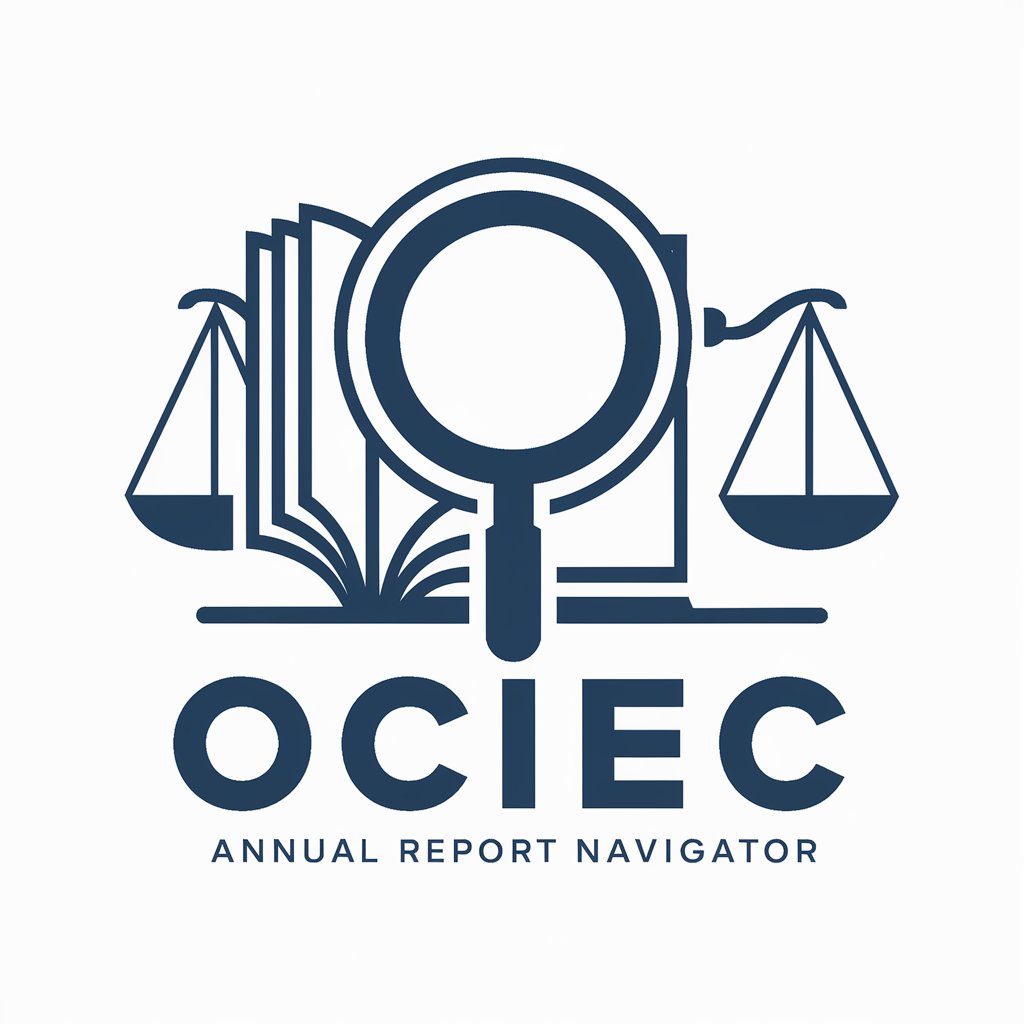
Chat Wingman
Elevate Your Chat Game with AI-Powered Wit

Campaña Política GPT
AI-powered Political Campaign Strategist

MLA citation generator GPT
Streamline Your Citations with AI
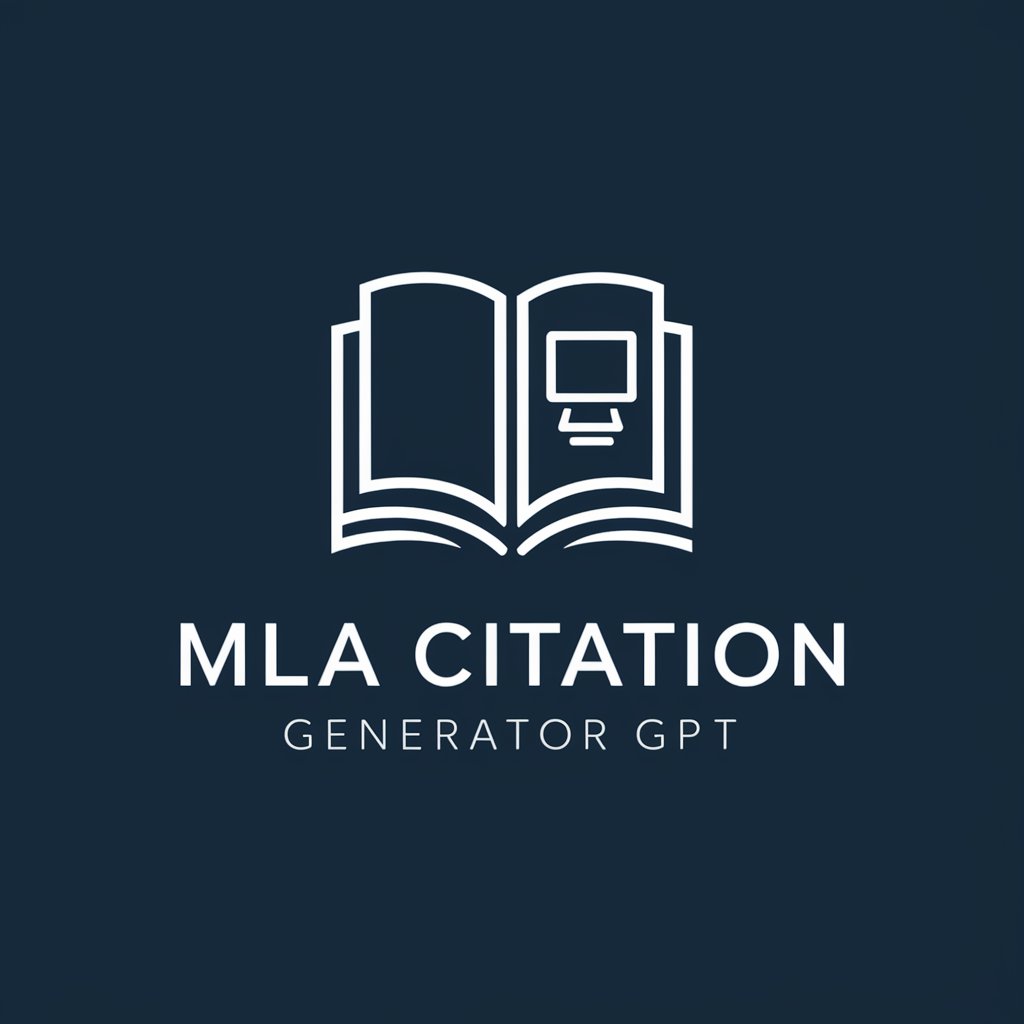
Cyber Sentinel
Empowering Cyber Safety with AI

GptOracle | The Child Development Specialist
Empowering Parents with AI-driven Child Development Insights

Freebie Finder
Unlock freebies with AI efficiency

Content Strategist Pro
Empower Your Content with AI

Email Copy Edge
Elevate Your Email Campaigns with AI

Everyone is an Expert
Unveiling Your Professional Narrative

Lawyer Locator
Connecting You to Legal Experts, AI-Powered

Q&A About Ancient Advanced Civilizations
What are some recent discoveries in the Amazon that suggest advanced ancient civilizations?
Recent lidar technology has revealed extensive pre-Columbian earthworks, including geoglyphs, raised fields, and sophisticated settlement patterns, suggesting complex, advanced societies that managed the landscape sustainably.
How did ancient civilizations in the Sahara adapt to their changing environment?
Ancient Saharan civilizations adapted to their increasingly arid environment through the development of water management techniques, such as underground aqueducts, and shifting from sedentary agriculture to more nomadic herding lifestyles.
What evidence supports the existence of advanced technology in ancient Turkey?
Archaeological findings in regions like Göbekli Tepe suggest advanced architectural and astronomical knowledge, with structures dating back to the 10th millennium BCE that align with celestial events.
Can you explain the significance of underwater ruins found near the Gobi Desert?
The discovery of underwater ruins near the Gobi Desert, such as those in the Lop Nur area, indicates the presence of ancient oasis civilizations that thrived in what are now arid landscapes, showcasing advanced irrigation and water management technologies.
What role do Graham Hancock's writings play in the study of ancient advanced civilizations?
Graham Hancock's writings, while controversial among mainstream scholars, have popularized the idea of lost advanced civilizations, encouraging further exploration and open-mindedness in archaeological research, particularly regarding prehistoric cultures with sophisticated knowledge and technologies.
